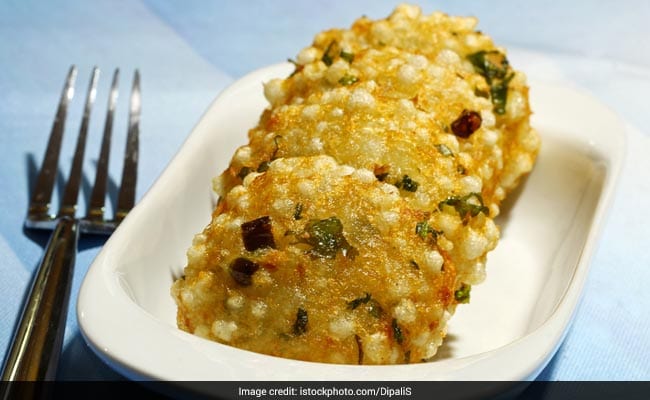
It's a fact well known that diabetes is a disorder, which needs specific and focussed changes in the diet and lifestyle to manage. This is because diabetes is a metabolic disorder that leads to unprecedented spikes in levels of blood sugar in patients, which may lead to other health complications. This happens either because the body doesn't produce enough insulin to regulate blood sugar levels, or the body cells don't respond to the insulin produced by the pancreas. The levels of blood sugar in the body can be regulated by diet, exercise as well as dedicated treatment and medication. It's important for diabetes patients to identify triggers of excessive blood sugar and eliminate them from their diet. This is why a strict diet plan, prepared by a clinical nutritionist or a dietitian is important. It is general knowledge that processed carbohydrates are bad for diabetics. However, there are some foods that contain healthy and fibre-rich carbohydrates which may help regulate blood sugar levels.
These include whole grains and fibrous fruits and vegetables. However, there are some foods that are considered healthy because of their rich nutritional profile, but have a high glycaemic index (GI). Foods with high GI are considered bad for diabetics as these trigger frequent spikes in blood sugar levels. Sabudana, or tapioca pearls, is one such food, which is eaten during fasts and is also used as an ingredient in 'healthy' breakfast options. Since Navratri is on it's full swing sabudana has made a comeback to our kitchens and we cannot be happier. But can diabetics safely eat sabudana? Let's find out.
Also Read: Navratri 2018 Special: What is Sabudana Made of?
Is Sabudana Safe For Diabetics?
Sabudana is in the league of healthy non-cereal carbohydrates. It is rich in fibre and calcium and is also known as an energy booster. This is why it's commonly eaten during the fasting period to provide the body with an instant boost of energy, which it needs during the period of abstinence. Sabudana is also known for its action in promoting digestive health and may even prevent constipation. It is also great for managing body weight, which is good for diabetics, who often tend to have weight problems as well. Due to being rich in fibre, sabudana keeps hunger pangs and cravings away, eliminating the need for you to eat more often. But, it's not recommended for diabetics to eat sabudana in excess.
Also Read: 6 Sneaky Foods That Raise Your Blood Sugar Levels the Most

Diabetes: Sabudana is starchy and has a high GI and calorie count
Sabudana refers to the starch extracted from tapioca roots, which is then processed to form small, translucent, spherical pearls. As is common knowledge, starchy foods like potatoes and white rice are said to be bad for diabetics, so is the case with sabudana. The non-cereal is also high in calories and has a high glycaemic index, which makes it harmful for a person with diabetes, when consumed on a daily basis. However, one can consume it in moderation, given that it is paired with loads of fibre-rich and low calorie vegetables.
Also Read: Diabetes Diet: 7 Foods That Can Help Control Your Blood Sugar Levels Naturally
If you do want to indulge in sabudana every once in a while, it is highly recommended that you first consult your nutritionist or dietitian and get the levels of glycated haemoglobin or HbA1c levels checked. On the basis of these levels, you can advise on the amount of sabudana that you can include in your diet.
Also Read:5 Delicious Sabudana Dishes
Disclaimer: This content including advice provides generic information only. It is in no way a substitute for qualified medical opinion. Always consult a specialist or your own doctor for more information. NDTV does not claim responsibility for this information.

